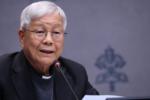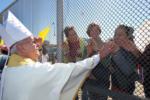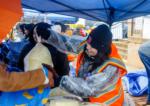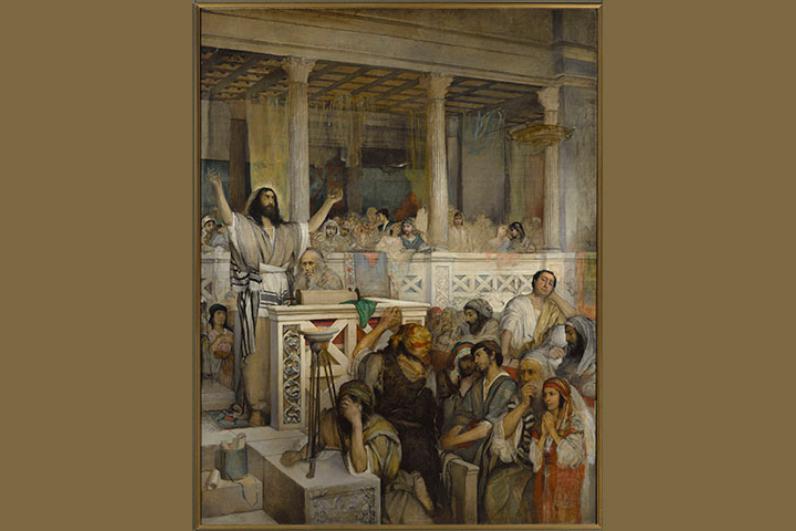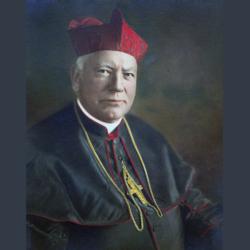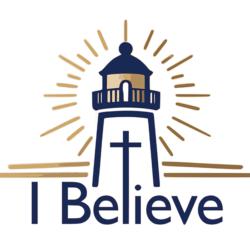Reflections on readings for Jan. 28, Fourth Sunday in Ordinary Time
Dt 18:15-20
Ps 95:1-2, 6-7, 7-9
1 Cor 7:32-35
Mk 1:21-28
In this 21st century, we absorb the news of the world quickly, through myriad technical gadgets. We're seeking information, knowledge, and understanding of the world, all day long. As we travel the information superhighway, though, we must learn to discern the authenticity and authority of those who speak or write all the words spinning around us.
In today's Gospel, St. Mark tells us that Jesus entered a synagogue in Capernaum on the Sabbath and taught with great wisdom. At the sight of Jesus, the people would have recalled Moses' promise of a prophet, as described in the first reading. The scene at Capernaum recalls the Gospel moment when Mary and Joseph, after anguished searching, found the child Jesus in the temple, teaching and conversing with the scribes and doctors of the law.
Jesus amazed the people in Capernaum for he taught with authority. Then Jesus performed the powerful deed of healing a man by driving out the unclean spirits tormenting him. No surprise, then, that Jesus' words and deeds astounded those who heard him or that his fame spread quickly through the region of Galilee.
Jesus' identity and mission far surpassed the greatest of the prophets of Israel, for the source of his authority was his divine origin and identity. Jesus is the Son of God, the one sent by the Father to reconcile us to friendship with God.
In a culture marked by individualism, the word authority inspires skepticism, indifference or rejection. At Capernaum, Jesus shows the people a different kind of authority. His words and deeds reveal the love of God, a love that far exceeds our imagination and expectation.
The word of God is trustworthy because it transcends human words as an expression of divine love. Today's gospel reading invites trust in the Word as a light for the journey of life. Just as the people were astonished by Jesus' authority revealed in his speech and his actions, may we marvel at the healing, comforting power of God's word in our lives, as we say in faith, "speak to me, Lord."
Question: What is the place of God's word in your daily life?
- Jem Sullivan holds a doctorate in religious education and is an associate professor of Catechetics in the School of Theology and Religious Studies at The Catholic University of America in Washington, D.C.




